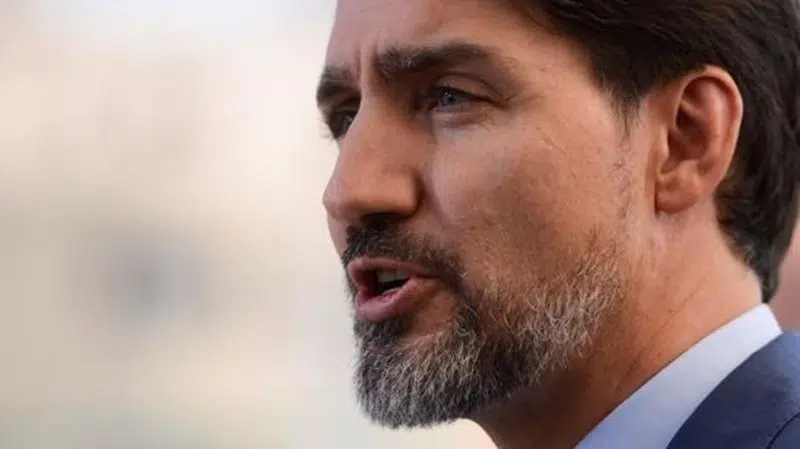
Trudeau says UN Security Council seat would up Canada’s global game
ADDIS ABABA, Ethiopia — Prime Minister Justin Trudeau said Sunday he is seeking a seat for Canada on the powerful United Nations Security Council because it is where the world’s most pressing issues are debated.
Trudeau spent his second full day in Africa at a working lunch with some Ethiopian female business owners and in one-on-one meetings with leaders from Nigeria, Somalia, Mauritius and Madagascar.
He attended a formal dinner for the African Union summit Saturday night, after meeting with five others and delivering two speeches on the margins of the summit.
While Trudeau said this trip is aimed at moving Canada’s relationship with Africa to new heights, including more economic partnerships and business ties, he acknowledged Canada’s campaign for one of the 10 non-permanent seats on the Security Council is one of the reasons for the visit.


